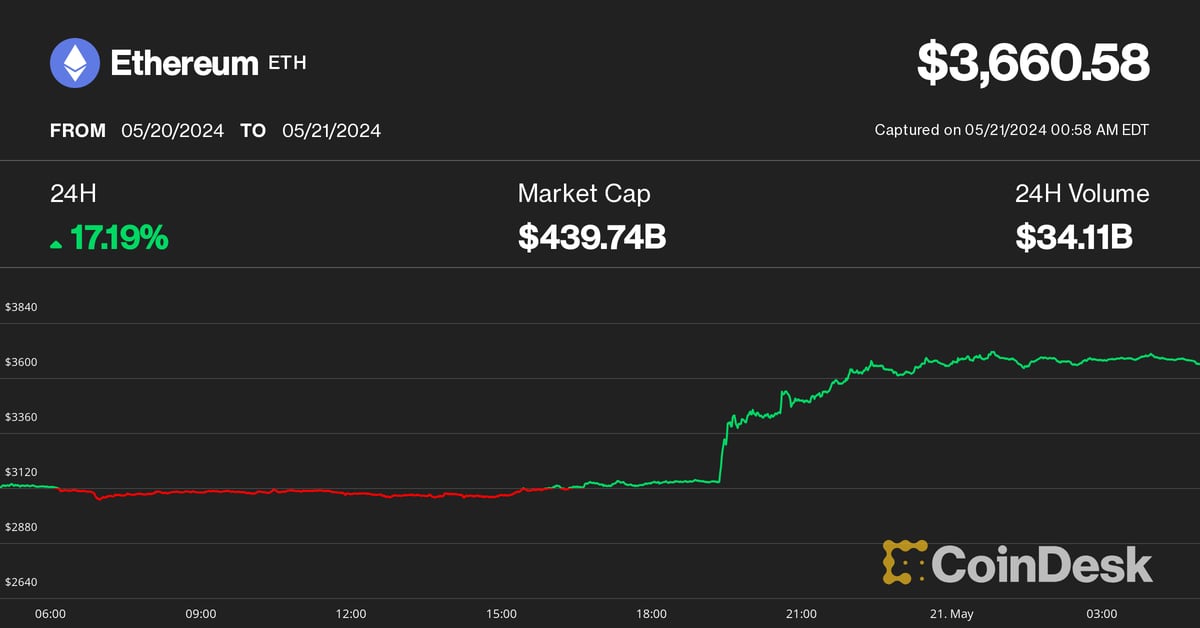
Blockchain adoption has been "unabated" throughout bull and bear markets over the past years, says Bloomberg analyst Jamie Coutts.
Should the current rate of adoption continue, blockchain technology could have 100 million daily users by 2028, according to projections by Bloomberg Intelligence analyst Jamie Coutts.
On X (formerly Twitter), Coutts pointed out that blockchain adoption has been "unabated" throughout bull and bear markets over the past years. "Not having exposure to one of the largest structural trends of the next decade could be costly," said the analyst.
Daily active addresses exceed 5 million in the third quarter of 2023, up 14% from 2022, according to Coutts, while quarter-on-quarter growth has averaged 29% since 2019. "If we apply a more moderate 20% QoQ growth rate then we could reach 100 million daily users by 2028."
Bear market/Bull market, adoption of #blockchain technology continues unabated. Not having exposure to one of the largest structural trends of the next decade could be costly.
— Jamie Coutts CMT (@Jamie1Coutts) November 3, 2023
5 million daily #crypto users today, is likely to be 100m in less than 5 years.
pic.twitter.com/RG6dRoiCes
Coutts compared blockchain rate adoption with PayPal’s rate growth. According to him, it took the fintech giant 13 years to reach 100 million daily users. "If Ethereum was day zero for smart contracts (2015) then it may take a similar time frame for blockchains to reach similar level of adoption," he added.
Keeping the current pace of adoption, blockchain-based companies may also see a rise in valuations. Coutts noted that basic regressions show the blockchain ecosystem could be valued between $5 trillion to $14 trillion once 100 million users are onboard. "Thats up from $350b today."
Coutts projections are consistent with data suggesting sustained interest in blockchain technology. In spite of the market downturn, development in the crypto industry rose 5% in 2022. Additionally, a survey conducted by Celent in 2022 showed that 91% of institutional investors are interested in investing in tokenized assets — blockchain-based tokens that represent ownership of physical and digital assets.
"While overly simplistic extrapolations such as this should never be soley relied on for valuation purposes it, the exercise illustrates that users and prices are inextricably linked and that as adoption continues prices are likely to track much higher for some assets," Coutts predicted.
Magazine: Ethereum restaking — Blockchain innovation or dangerous house of cards?





